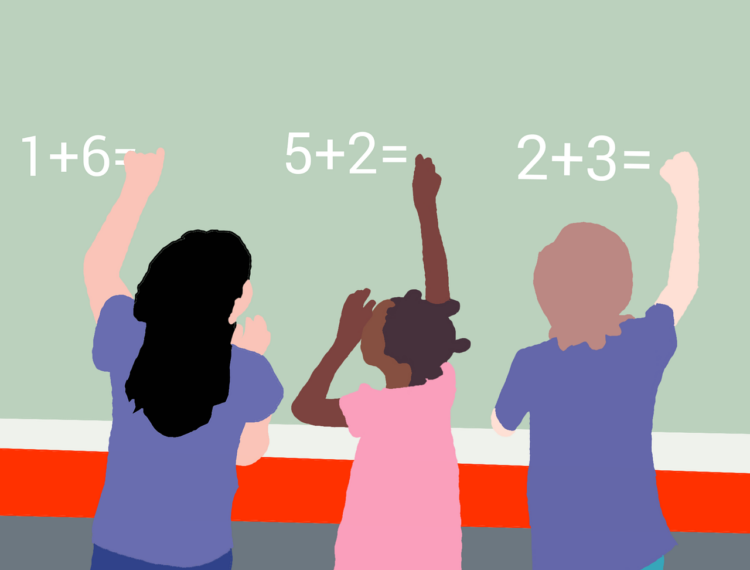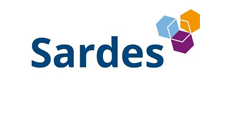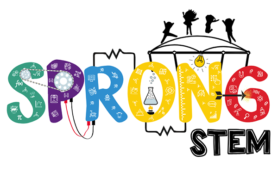The value of multilingual communication
“If you can’t say every word in one single language, then you aren’t fully competent in that language.”
“Mixing languages within a sentence or story you’re telling, shows lack of ability in the main language you are communicating in.”
This is how some commonly thinks about language use. Criticizing language skills of newcomers, as opposed to appreciating communication – in whatever language possible. This limit interaction and understanding. Let us try to move to a society where there is space for open and clear communication without criticism of language skills.
As a child, there were times when I sensed that I had to prove my language ability in English. Growing up abroad in a society where English was a major language, I had no use for my home language (Dutch) outside of the home. I frequently had to mark my words at school to make sure I didn’t embarrass myself by accidentally using the wrong language. This limited my ability to freely communicate. I struggled with the feeling of needing to prove my English skills, even though I don’t even remember a time that I did not speak English.
Years later I had a similar experience while working at an English medium international school abroad. There was a considerable focus on correct use of English. Great value was given to speaking excellent English and skills in other languages were ignored. Any language mistakes made in English were criticized and attributed to the fact that one did not carry a passport from a native English-speaking country and must therefore lack language skills in English. Yet, no one judged the native English speakers’ language ability when they made a mistake, simply because of their country of origin.

Now, as a teacher of newcomers in the Netherlands, I’ve seen the same struggles with my students. Such as the student who felt that he lacked math skills due to the fact that he could not say the numbers (yet) in Dutch. The fact that he could answer many math problems faster than monolingual Dutch speaking children did not convince him of his mathematical abilities. He had been told it only counted if he could do it in Dutch. Another student always needed more time than her monolingual peers – not because she was slow at calculating the answer but because she was worried about making a language error in communicating her answer. She often preferred to keep quiet and pretend she didn’t know the answer, than be made fun of her Dutch skills.
We should value it when our students show us what they know, no matter which languages they need to do so. Of course, we want our students to learn to use the school language correctly. Yet even native speakers make language errors without being downgraded because of it. So why do that to non-native speakers as they truly try to communicate and interact with society around them despite making language errors? Yes, teach them to say it in the school language as well. But do not fault them for using multiple languages to say it initially.
Embrace students that try to communicate, even when they lack fluent language skills. Encourage them to speak and share and be a part of the class. Give space to languages and help create a safe classroom environment, where students feel free to participate without having to mark their words.
Hanneke Baart | PhD researcher, Translanguaging & Digital Tools
Currently, this blog is only available in English and Dutch. To read it in another language we recommend using the translation tool DeepL.com.

















